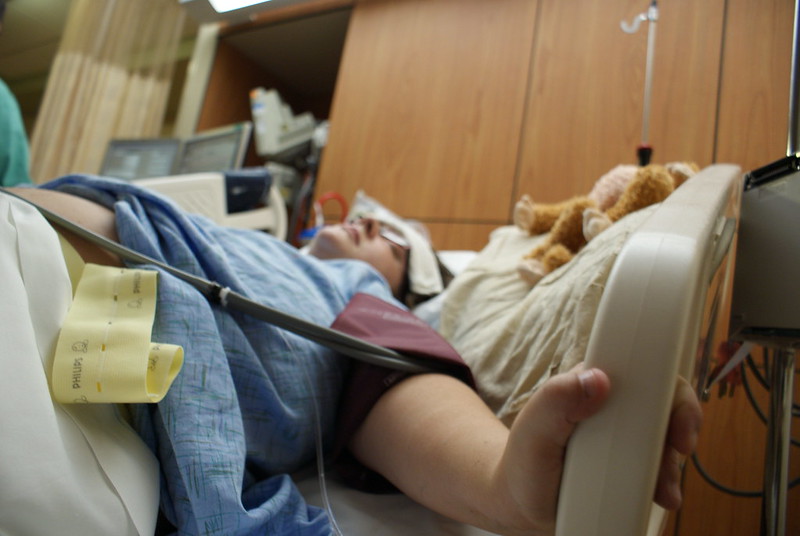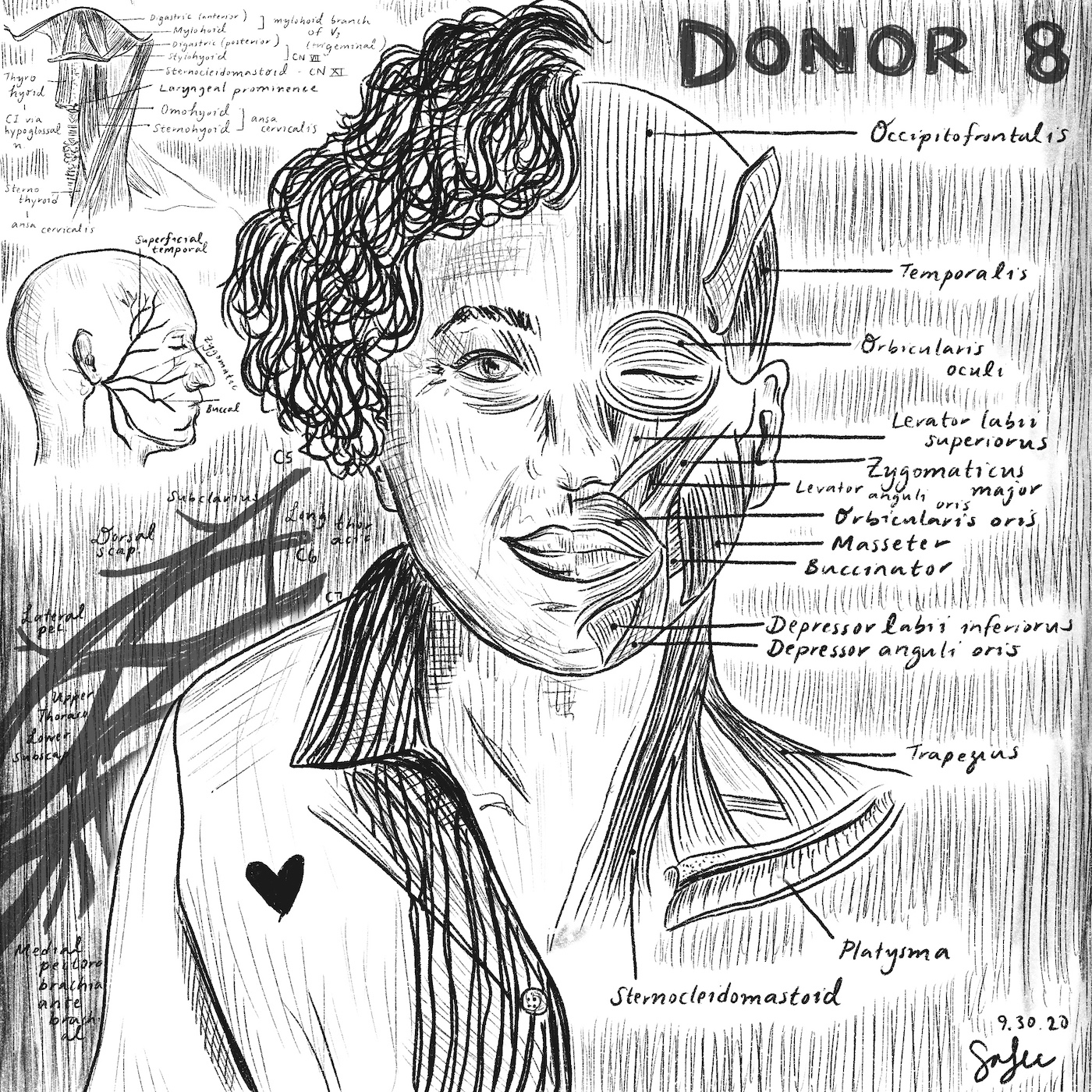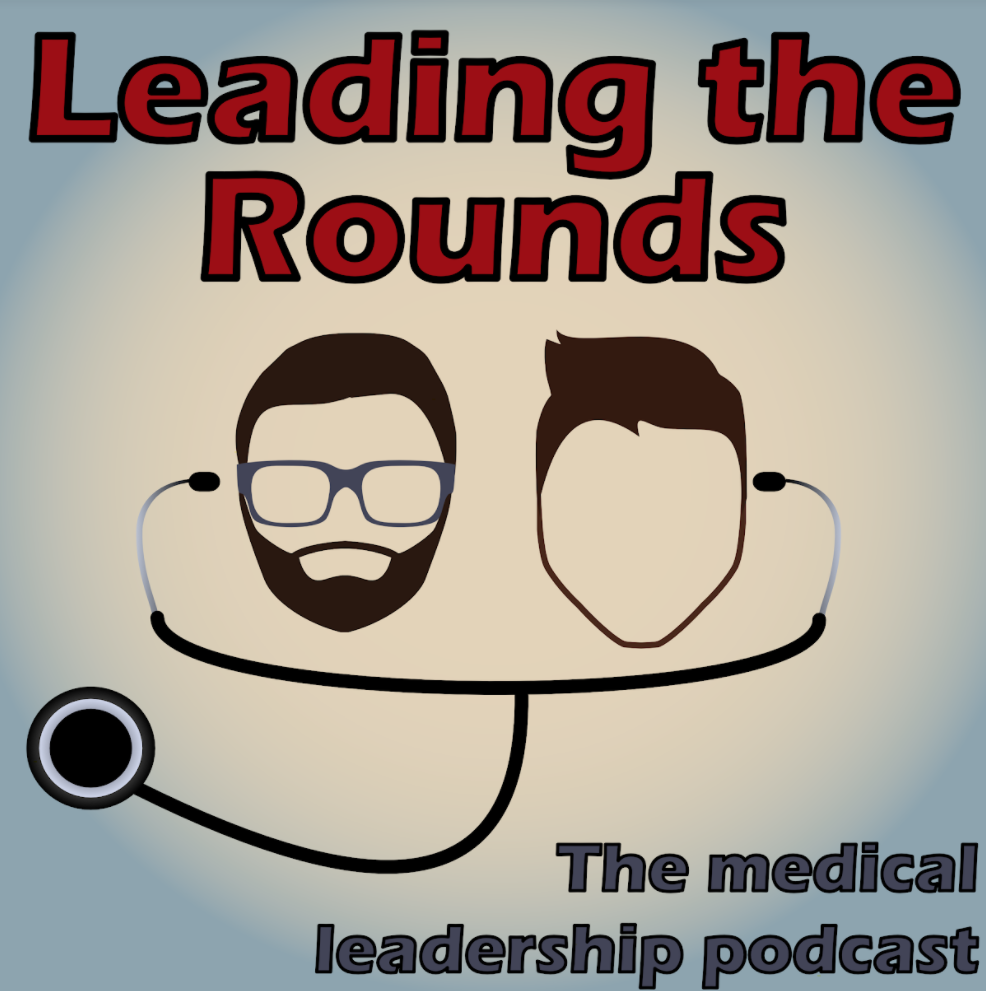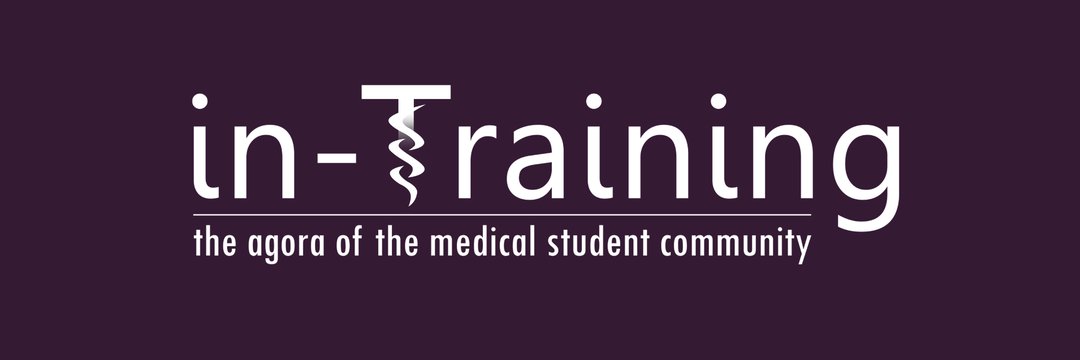Behind the Bars of the Health Care System: Mental and Physical Health Disparities in America’s Prisons
In this article, I hope to examine some causes of this discrepancy, compare and contrast the various prison systems across different countries, understand the shortcomings of America’s prison system in addressing these issues and shed light on how prison systems can provide better health care services.











